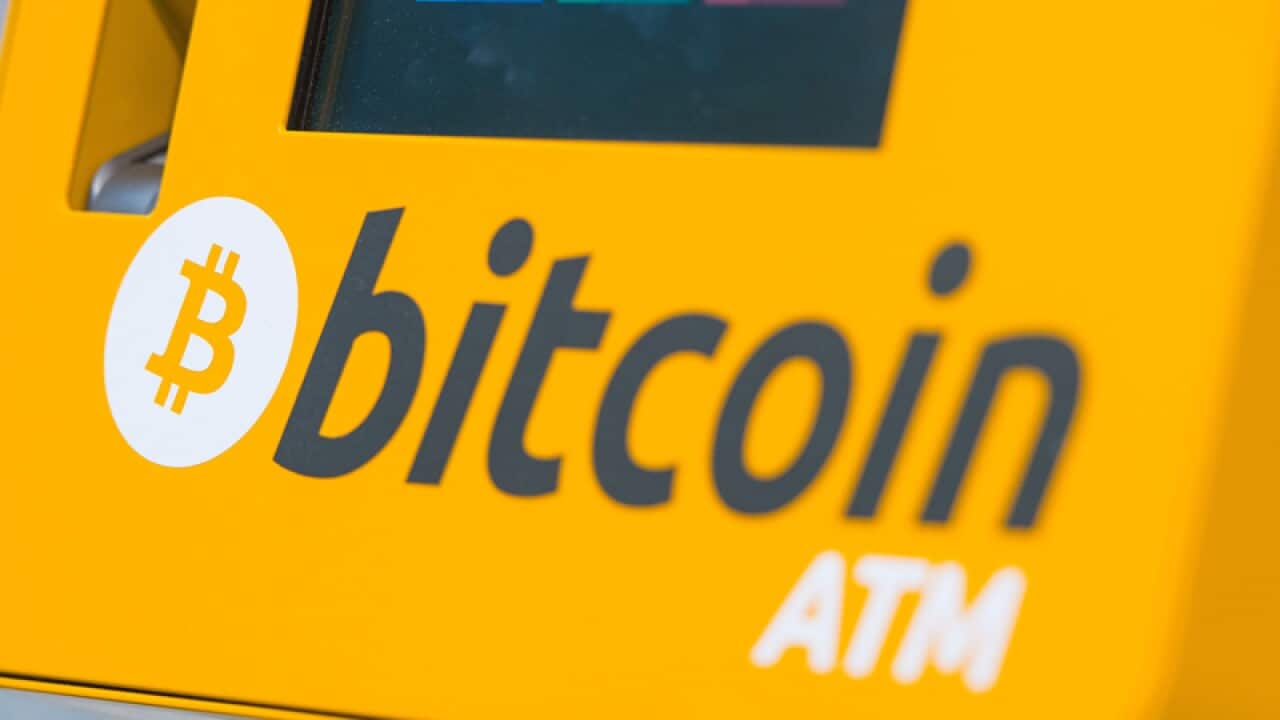It's the internet's biggest mystery and an Australian tech entrepreneur says he's the answer.
Craig Steven Wright has identified himself as the creator of digital currency Bitcoin but experts are divided over whether he really is the elusive person who has gone by the name of Satoshi Nakamoto until now.
The 45-year-old Brisbane-born man revealed his identity to the BBC, the Economist and GQ on Monday, confirming previous assertions made by technology publications last year.
The BBC said Mr Wright had given technical proof supporting his claim to using bitcoins known to be owned by Bitcoin's creator.
It also said prominent members of the Bitcoin community, including leaders of the Bitcoin Foundation, had validated Mr Wright's claim to identity.
"I was the main part of it, other people helped me," Wright, who is now living in London, told the BBC.
"Some people will believe, some people won't, and to tell you the truth, I don't really care."
Sceptics say he still needs to do more to prove his identity.
Mr Wright was first outed as the founder of Bitcoin in December last year by technology publications Gizmodo and Wired.
Immediately following the reports, NSW police raided his home in the well-heeled suburb of Gordon on Sydney's north shore, taking two black roller suitcases of items related to a tax investigation, police said.
Neighbours had no idea of the Mr Wright's alleged past, and described a quiet, somewhat stand-offish man who has two children, a dog and several hens.
Others said they had noticed the family kept an unusual amount of electronics running in the sunroom at the front of their two-storey brick house.
Mr Wright's extensive resume on LinkedIn, which has since been made private, showed him to be the chief executive of former Sydney technology company DeMorgan Ltd which specialised in cryptocurrency.
He was also a lecturer at Charles Sturt University for five years up until 2015, where he says he developed a Masters degree in digital forensics.
Bitcoin Association of Australia board member and software engineer Lucas Cullen said there was not enough evidence to believe Wright's claims.
He said someone involved in cryptography should be able to offer more proof of identity.
"You would expect someone in that domain to come forward with very solid empirical evidence, otherwise why are you studying that field?" Mr Cullen told AAP.
"To come out and say it in a big statement like that without authenticity - I don't believe it."
He said communications by Nakamoto on the Bitcoin forum in the technology's early years were digitally signed, proving their authenticity.
"I think it is a bit of an oxymoron there to say `here's my claim, but I can't validate it' - especially when you're in that space."
A next door neighbour to Mr Wright's last known Australian address on Sydney's upper north shore told AAP on Tuesday the family had moved out in December.
He said he believed Mr Wright lived in the Gordon home with his wife and two children who attended a local public school, but understood the family had since moved to London.
The neighbour said the Wright family was somewhat reclusive but normal, and there was nothing indicating he was the creator of Bitcoin or was a prominent player in the tech world.
He said the raid by the ATO occurred after the family had moved out of the Gordon premises, but before their belongings were removed.

